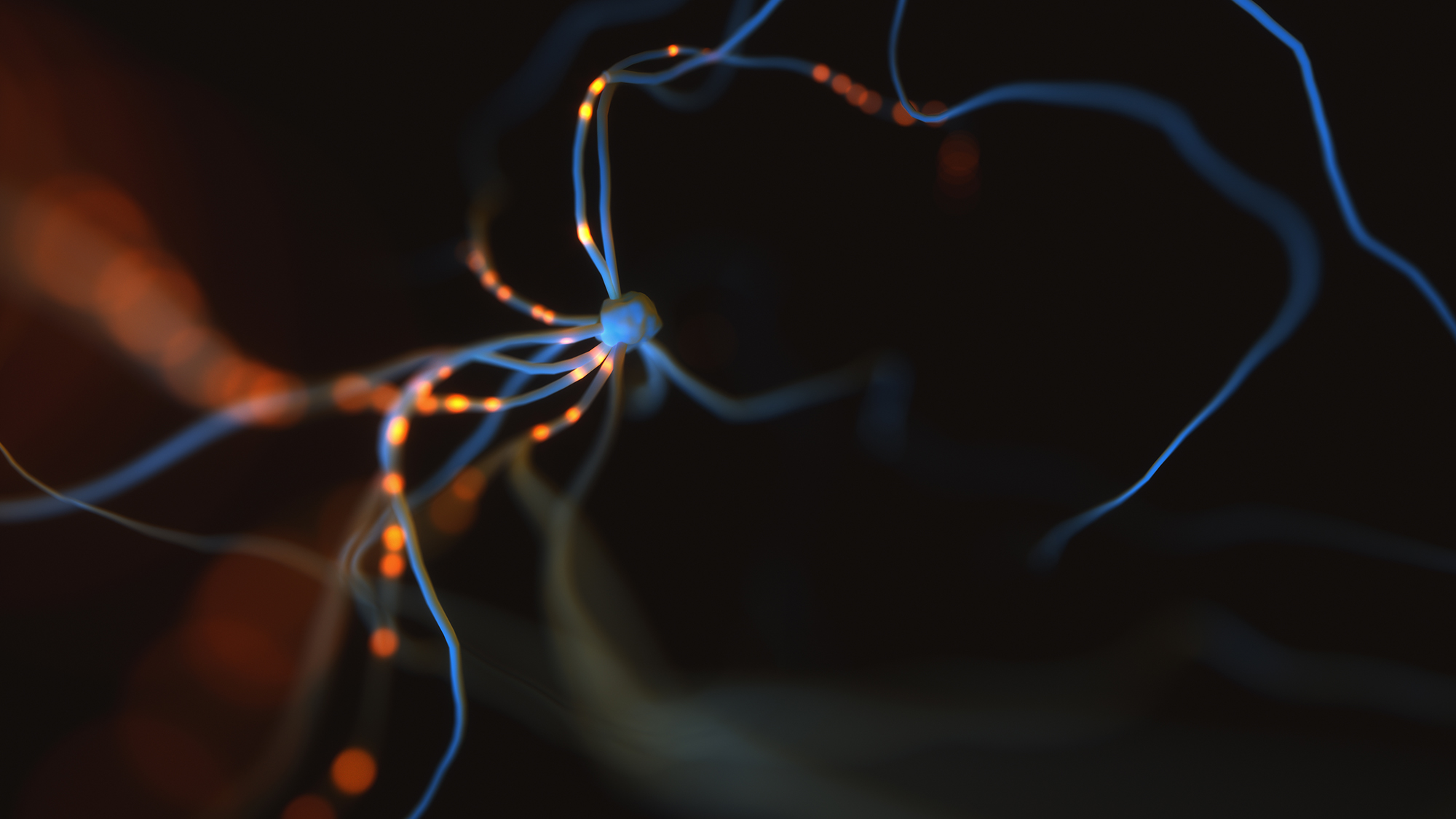- Project value (in PLN):
571428

finished
Neuronal mechanisms of executive and emotion regulation deficits

principal investigator / project leader
Ph.D. / Associate Professor
psychologist, researches neural correlates of emotional experiences
Full bio project value: PLN 571,428
funding source: National Science Center
discipline: psychology
location: Poznań
duration: 2018 2019 2020 2021 2022
Procrastination is a self-regulation failure in which people delay some actions despite knowing that their behavior will lead to discomfort. It is estimated to affect 15-20% of population. Procrastination leads to a significant decrease of performance, life satisfaction and quality of life. Negative effects of procrastination also affect social life. Previous research has shown that procrastination is related to impulsivity, executive dysfunctions in domain of inhibition and impaired emotion regulation. Our previous studies demonstrated an undermined behavioral control in the context of negative emotions and impaired error processing in procrastinators.
RESEARCH PROJECT
Neuronal mechanisms
of executive and emotion regulation deficits in procrastination
Research Unit

Grant Amount PLN 571,428
Funding Source

Duration of Research Project: August 2018 – August 2021
Procrastination is a self-regulation failure in which people delay some actions despite knowing that their behavior will lead to discomfort. It is estimated to affect 15-20% of population. Procrastination leads to a significant decrease of performance, life satisfaction and quality of life. The proposed project will help to gain a deeper understanding of interactions between negative emotions and executive dysfunctions in procrastination and to explore how this interaction is influenced by impulsivity and emotion regulation abilities.
Project Objectives
Project
Procrastination is a self-regulation failure in which people delay some actions despite knowing that their behavior will lead to discomfort. It is estimated to affect 15-20% of population. Procrastination leads to a significant decrease of performance, life satisfaction and quality of life. Negative effects of procrastination also affect social life. Previous research has shown that procrastination is related to impulsivity, executive dysfunctions in domain of inhibition and impaired emotion regulation. Our previous studies demonstrated an undermined behavioral control in the context of negative emotions and impaired error processing in procrastinators.
Methodology
In this project, researchers will use the evoked potential method in a group of students displaying low and high levels of procrastination. The students will need to complete a parametric go/no go task (PGNG, consisting of several levels of difficulty, requiring various levels of cognitive resources), which will result in a monetary or a social reward. This methodology will help us to define how emotion regulation and the level of task difficulty impacts behavior dysfunctions related to behavior regulation occurring in procrastinating students and to study the neuronal foundation of these dysfunctions.
We have an opportunity to show that procrastination of difficult tasks may be related to executive dysfunctions of the brain. If we are successful, “sloth” will have to be deleted from the list of seven deadly sins!

Michałowski, Jarosław
Principal Investigator
Specialization
psychologist, researches neural correlates of emotional experiences
First and last name
Jarosław Michałowski
Academic degree or title
Ph.D. / Associate Professor
Email
This email address is being protected from spambots. You need JavaScript enabled to view it.
Position
profesor uczelni
Role in the Faculty
{"funkcja-na-wydziale0":{"Funkcja":"","\u0141\u0105cznik":"","Nazwa w mianowniku":"Faculty of Psychology and Law in Pozna\u0144"}}
Role in the Department
{"funkcja-w-katedrze0":{"Funkcja":"","\u0141\u0105cznik":"","Nazwa w mianowniku":"Department of Clinical and Health Psychology"}}
Role in the Institute
{"funkcja-w-instytucie0":{"Funkcja":"","\u0141\u0105cznik":"","Nazwa w mianowniku":"Institute of Psychology "}}
Role in the Research Center
{"funkcja-w-centrum0":{"Funkcja":"Head","\u0141\u0105cznik":"of the","Nazwa w mianowniku":"Laboratory of Affective Neuroscience"}}
Ph.D. / Associate Professor Jarosław Michałowskipsychologist, researches neural correlates of emotional experiences
Research Application
The project will help to gain a deeper understanding of interactions between negative emotions and executive dysfunctions in procrastination and to explore how this interaction is influenced by impulsivity and emotion regulation abilities. The use of EEG will not only bring new valuable scientific results about the neuronal dynamics of executive dysfunctions, but also develop new experimental procedures for further research on procrastination and other self-control and emotion regulation problems such as gambling, substance abuse or ADHD. In the long term, the collected experimental data may contribute to the development of new and more effective strategies for the prevention and treatment of different self-control disorders.
Research Team

Wiwatowska, Ewa
Research Assistant
First and last name
Ewa Wiwatowska
Role in the Research Center
{"funkcja-w-centrum0":{"Funkcja":"","\u0141\u0105cznik":"","Nazwa w mianowniku":"Laboratory of Affective Neuroscience"}}
Specialization
psychologist
Academic degree or title
Ph.D.
Email
This email address is being protected from spambots. You need JavaScript enabled to view it.
Role in the Institute
{"funkcja-w-instytucie0":{"Funkcja":"","\u0141\u0105cznik":"","Nazwa w mianowniku":"Institute of Psychology"}}
Role in the Department
[]
Ph.D. Ewa Wiwatowskapsychologist